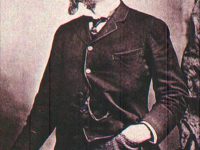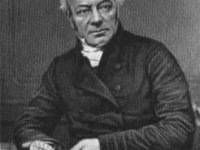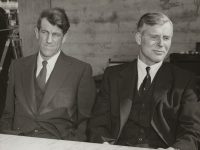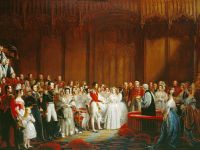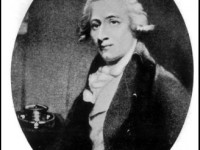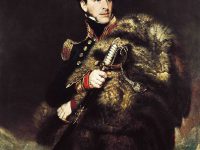Sir Benjamin Baker and the Forth Bridge
On March 31, 1840, British civil engineer Sir Benjamin Baker was born. Baker worked in mid to late Victorian era and helped develop the early underground railways in London with Sir John Fowler, but he is best known for his work on the Forth Bridge. He made many other notable contributions to civil engineering, including his work as an expert witness at the public inquiry into the Tay Rail Bridge disaster. Early Years…
Read more

